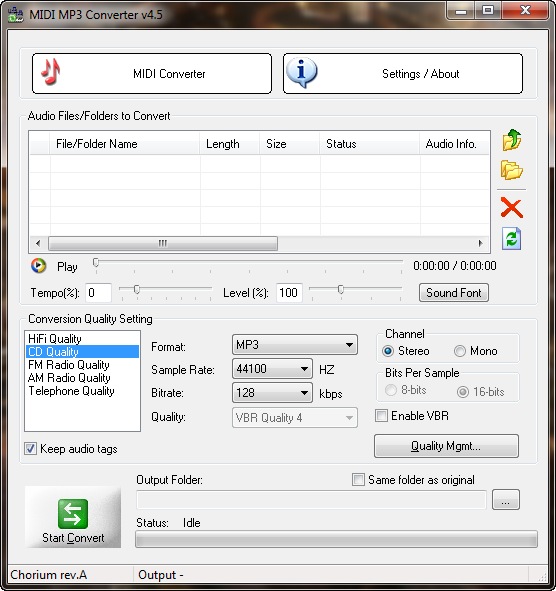

There are several potential problems tied to this fact: The explanation lies in the fact that older algorithms focus purely on pitch and spectral information. The resulting MIDI files often contain a lot of stuff you wouldn't expect to hear (or see when opened in a sequencer).

As soon as the complexity increases, the output becomes less predictable.

The technology behind these online converters are literally decades old, though, and definitely works best on very simple recordings containing as few instruments as possible (e.g. There are a few websites that use less sophisticated means to perform online conversions from audio to MIDI for free. Not perfect yet (you'll certainly hear noise, artifacts and "bleed" between tracks), but I'm quite sure that subsequently converting each part to MIDI is within reach, technologically speaking. The actual software is of course a well-guarded business property, and not something you get for free, but do yourself the favor of visiting e.g. AI-powered computers are already able to pick apart an audio recording into individual voices and instruments, allowing engineers to hear the most important parts in isolation.


 0 kommentar(er)
0 kommentar(er)
